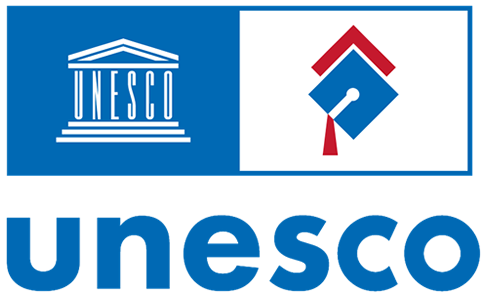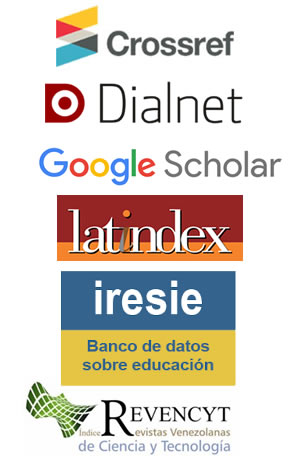Estrategias de comunicación académica en Universidades de investigación intensiva de América Latina
Resumen
Las universidades dedicadas a producir investigación de alta calidad han existido por siglos en América Latina, pero solamente en las últimas dos décadas el modelo de investigación intensiva se ha convertido en el estándar para la mayoría de las universidades públicas de la región. El creciente énfasis en la publicación académica en la región ha coincidido con el adelanto del internet y con el surgimiento y crecimiento del movimiento de acceso abierto (OA, por su sigla en inglés). Es en este contexto, exploramos tres asuntos principales: 1. Cómo el OA se ha entendido e incorporado a las prácticas de publicación de los profesores en universidades de investigación intensiva; 2. Cómo el OA se ha entendido e incorporado a las prácticas de los sistemas nacionales de investigación y desarrollo (I&D); y 3. Cómo podemos entender las dinámicas de convergencia entre el crecimiento de la investigación y el crecimiento del OA en la región. Encontramos que la inclusión de SciELO y RedALyC en los sistemas de evaluación de las universidades de investigación intensiva y los sistemas nacionales de I&D han dado predominancia al OA en la región. Mientras que es imposible determinar la relación directa entre estas iniciativas de OA (y las tecnologías asociadas) sobre la cantidad y la calidad de la investigación en América Latina, nosotros concluimos que ellos han sido un mecanismo de apoyo para los investigadores, las universidades, y los sistemas nacionales de innovación.
Derechos de autor 2012 Revista Educación Superior y Sociedad (ESS)

Esta obra está bajo licencia internacional Creative Commons Reconocimiento-NoComercial 4.0.
Los derechos de autor permiten la protección del material original, y frena la utilización del trabajo ajeno sin permiso. UNESCO IESALC se adhiere a las licencias Creative Commons en la publicación de acceso abierto de la ESS. En concreto, los textos publicados en esta revista están sujetos a una licencia Creative Commons Reconocimiento-NoComercial 4.0 Internacional (CC BY-NC 4.0): Pueden ser copiados, distribuidos y difundidos siempre que se cite al autor, a la revista (Revista Educación Superior y Sociedad) y a la institución que los publica. No se permite el uso comercial. La licencia completa puede consultarse en https://creativecommons.org/licenses/by-nc/4.0/ La ESS requiere que los autores acepten el Copyright Notice como parte del proceso de envío. Los autores conservan todos los derechos.
 Reconocimiento – NoComercial (CC BY-NC 4.0)
Reconocimiento – NoComercial (CC BY-NC 4.0)
Esta revista no aplica ningún tipo de cargo a los autores por la presentación o procesado de los artículos. Los autores de las colaboraciones recibirán acuse de recibo de que el trabajo ha llegado al Equipo Editorial de la Revista.








-literales-100x311.png)
